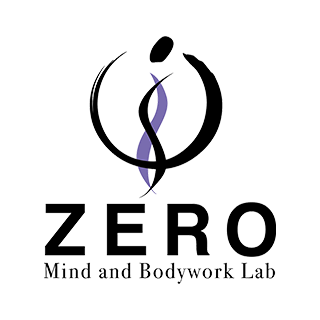Introduction
Hello! My name is Hidefumi Otsuka, and I am practicing Rolfing in Shibuya, Tokyo.

Living in a foreign country can be an enriching experience—but it can also be profoundly disorienting.
Moving to Japan as an expat involves far more than adjusting to a new address. It requires adapting to an entirely different set of cultural expectations, communication styles, and ways of being in the world. While much has been written about the psychological aspects of culture shock, less attention is given to how this experience manifests in the body.
As a Rolfing® Structural Integration practitioner based in Tokyo, I have worked with international residents who experience subtle but significant changes in their posture, breathing, and energy levels after relocating. These changes are not simply coincidental—they reflect the deep interplay between mind, body, and environment.
Culture Shock Has a Physical Dimension
Many expats arrive in Japan with a sense of enthusiasm and curiosity. Over time, however, the pressure to conform to unfamiliar social norms—be they linguistic, behavioral, or professional—can begin to take a toll. Often this stress is not immediately verbalized, but stored and expressed somatically:
- Shallow breathing or chest tightness
- Neck and shoulder tension from constantly “keeping it together”
- Fatigue or a sense of disconnection from the body
- Difficulty sleeping, particularly in unfamiliar environments
These are not merely psychosomatic symptoms. They are evidence that the body is actively adapting—and often, struggling—to accommodate new rhythms, roles, and relationships.
Rolfing: A Somatic Approach to Re-integration
Rolfing Structural Integration is a form of hands-on bodywork that helps realign the body’s structure with gravity. It goes beyond surface-level relief and addresses deep fascial patterns—the connective tissue networks that shape and hold our physical experience.
In the context of expat life, Rolfing provides more than postural adjustment. It offers a process of reconnection:
- To one’s breath
- To grounded sensation
- To a sense of internal space amidst external demands
A Case in Point
One client, who lives in the states visited Japan for a month. Though he had no specific injury, he reported a “persistent tightness in the cervical spine,” accompanied by shallow breathing and frozen shoulder. After just a few Rolfing sessions focused on the thoracic spine, diaphragm, and pelvic floor, he described feeling “I can breathe, and be like myself.”
Such transformations are not unusual. The structure of the body influences perception, emotional regulation, and self-expression. Rolfing helps restore a state of dynamic equilibrium in which adaptation becomes fluid rather than rigid.
A Practitioner Who Understands
As someone who works regularly with clients from various cultural backgrounds, I am mindful that safety and trust are essential. Language fluency is only one part of the equation—understanding how bodies hold cultural expectations, and how to navigate that with care, is equally important.
Sessions are conducted in English or Japanese, depending on your preference, and are tailored to your individual history, goals, and current condition.
Conclusion: Let Your Body Support You
Life as an expat can be full of challenges. But it can also be an opportunity to deepen your awareness—not just intellectually, but somatically. Rolfing offers a space to recalibrate your inner compass, so that your body can become a source of stability, insight, and resilience.
If you are feeling overwhelmed, off-center, or simply curious about how bodywork might support your journey in Japan, I invite you to experience Rolfing. Sometimes, the first step toward balance is not through words—but through touch.
